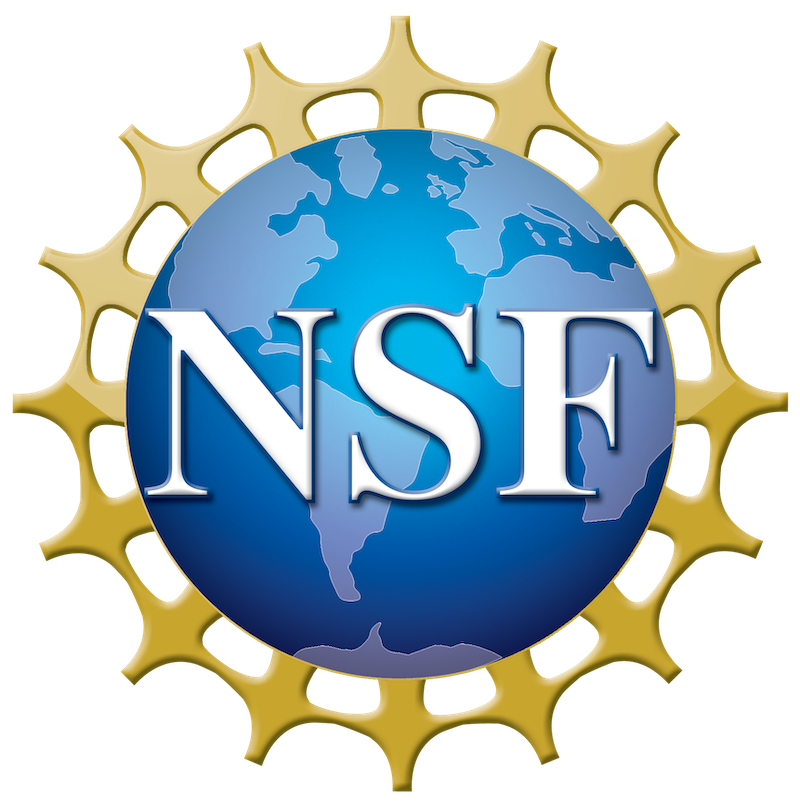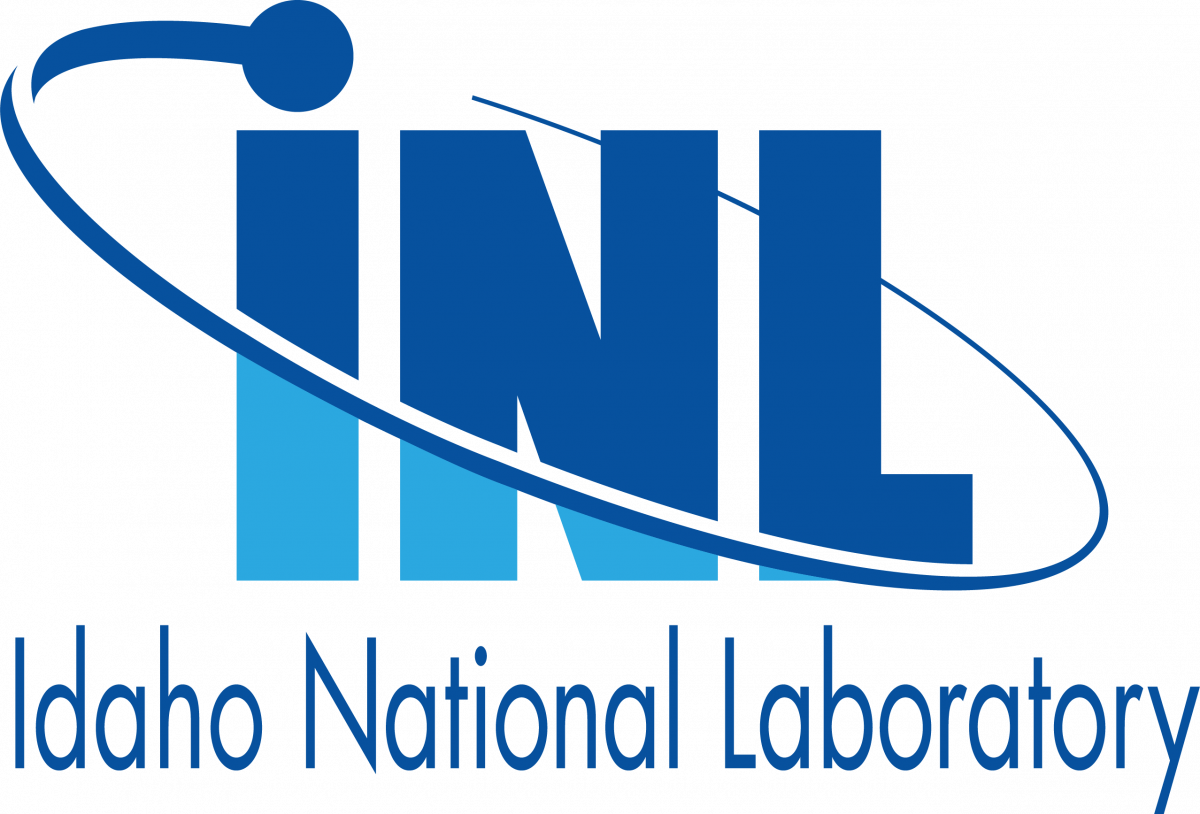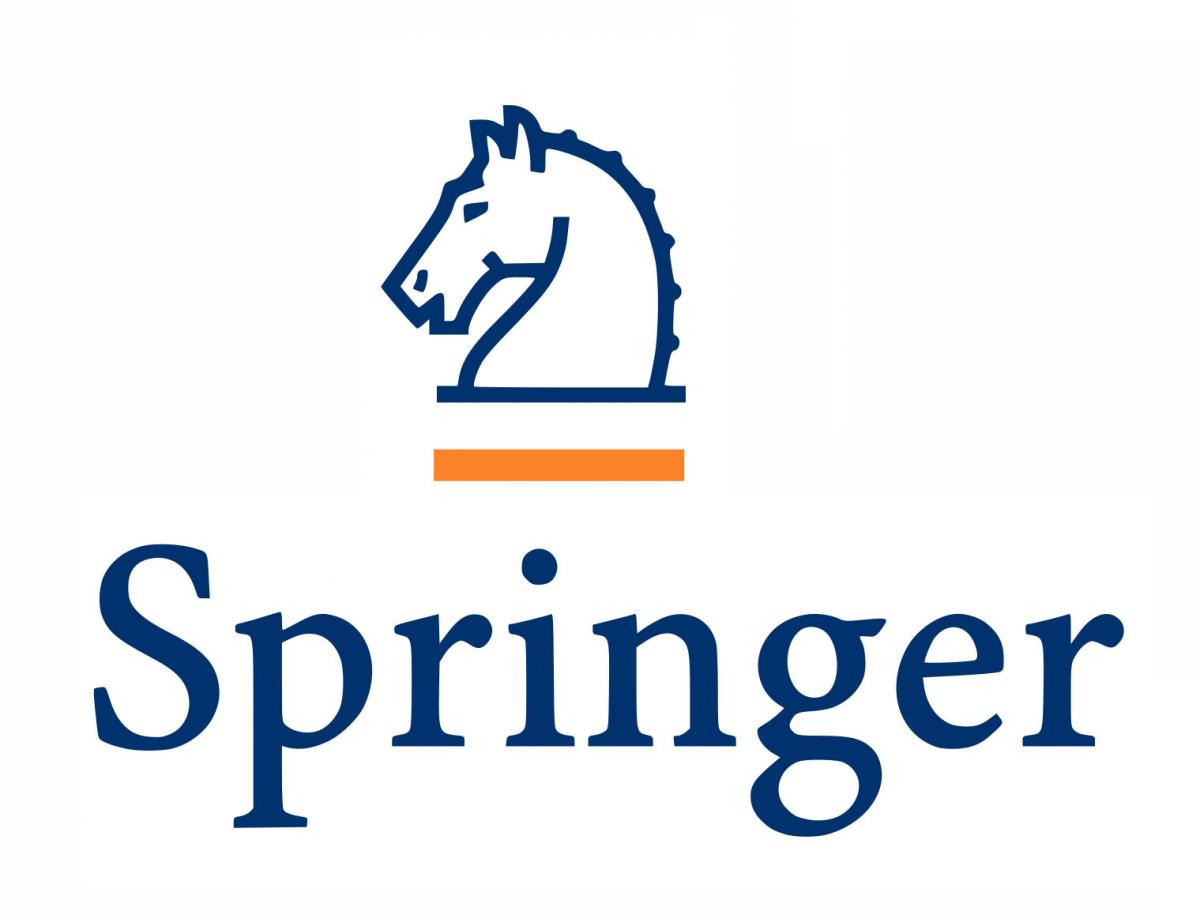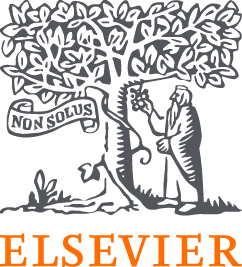Gianluca Geraci, Sandia National Laboratories
Timothy Wildey, Sandia National Laboratories
Tian Yu Yen, Sandia National Laboratories
Daniele Schiavazzi, University of Notre Dame
Mohammad Motamed, University of New Mexico
Data-driven models, such as deep neural networks, offer a promising alternative to the solution of complex systems of partial differential equations usually employed in computational scientific and engineering applications. However, the accurate and stable training of state-of-the-art models still requires relatively large datasets. This challenge significantly hampers the ability to make effective use of these models for complex and high-fidelity applications. This minisymposium will focus on strategies to alleviate the computational cost of building data-driven models by leveraging datasets obtained from different fidelities or by performing transfer learning.
Following the recent advancements in multi-fidelity approaches in uncertainty quantification and heterogeneous information transfer in machine learning, this minisymposium will welcome contributions proposing and/or analyzing novel solutions for alleviating the challenge of scarce/sparse data by fusing information from multiple sources, which can include both numerical approximations and/or physical approximations of the target computational system. We will consider contributions spanning machine learning for dataset fusion, multifidelity methods and transfer learning.
Sandia National Laboratories is a multimission laboratory managed and operated by National Technology and Engineering Solutions of Sandia LLC, a wholly owned subsidiary of Honeywell International Inc. for the U.S. Department of Energy's National Nuclear Security Administration under contract DE-NA0003525. This paper describes objective technical results and analysis. Any subjective views or opinions that might be expressed in the paper do not necessarily represent the views of the U.S. Department of Energy or the United States Government.











